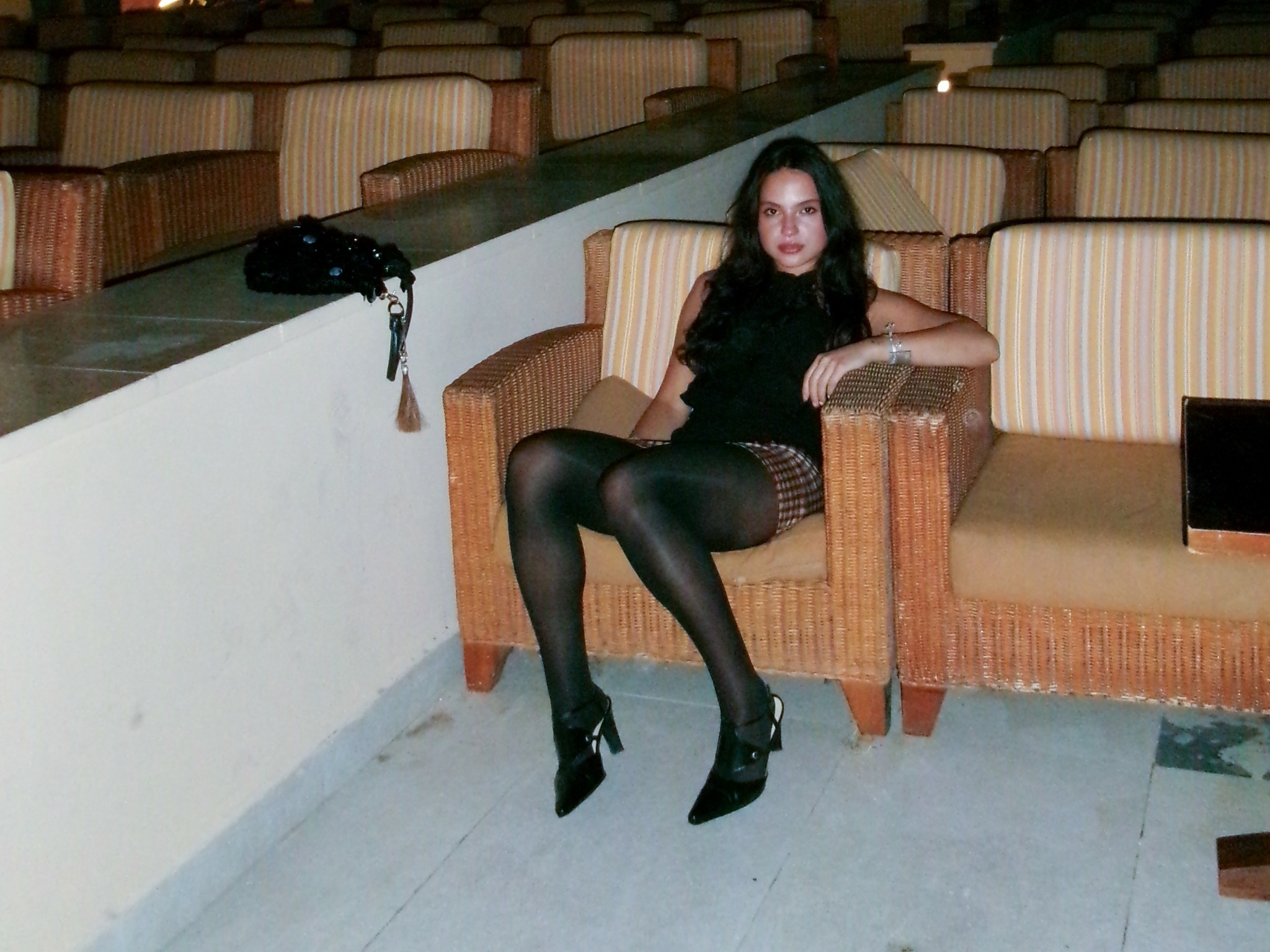We’re excited to introduce you to the always interesting and insightful Emma Xhaxho. We hope you’ll enjoy our conversation with Emma below.
Emma, looking forward to hearing all of your stories today. We’d love to hear about a project that you’ve worked on that’s meant a lot to you.
A deeply meaningful project for me is a fiber-based work that serves as a memorial to my father. I used a pair of his old denim jeans for this piece and stretched them over a welded steel frame. I then layered a large-scale print of my Illinois ID over his own, merging our identities into a single image, implying a shared identity and noting our facial similarities. My father immigrated here from Albania, and I regret to say I overlooked the opportunities he created for me by coming to the United States. Still, I have a deep appreciation for them.
This work honored both the sacrifices he made and the complicated inheritance of identity that comes from being the child of an immigrant. The denim itself holds a residue of his labor and surviving presence. Overlaying my ID onto his was an act of recognition: even though we were born in different places, and he is gone, we are intertwined.
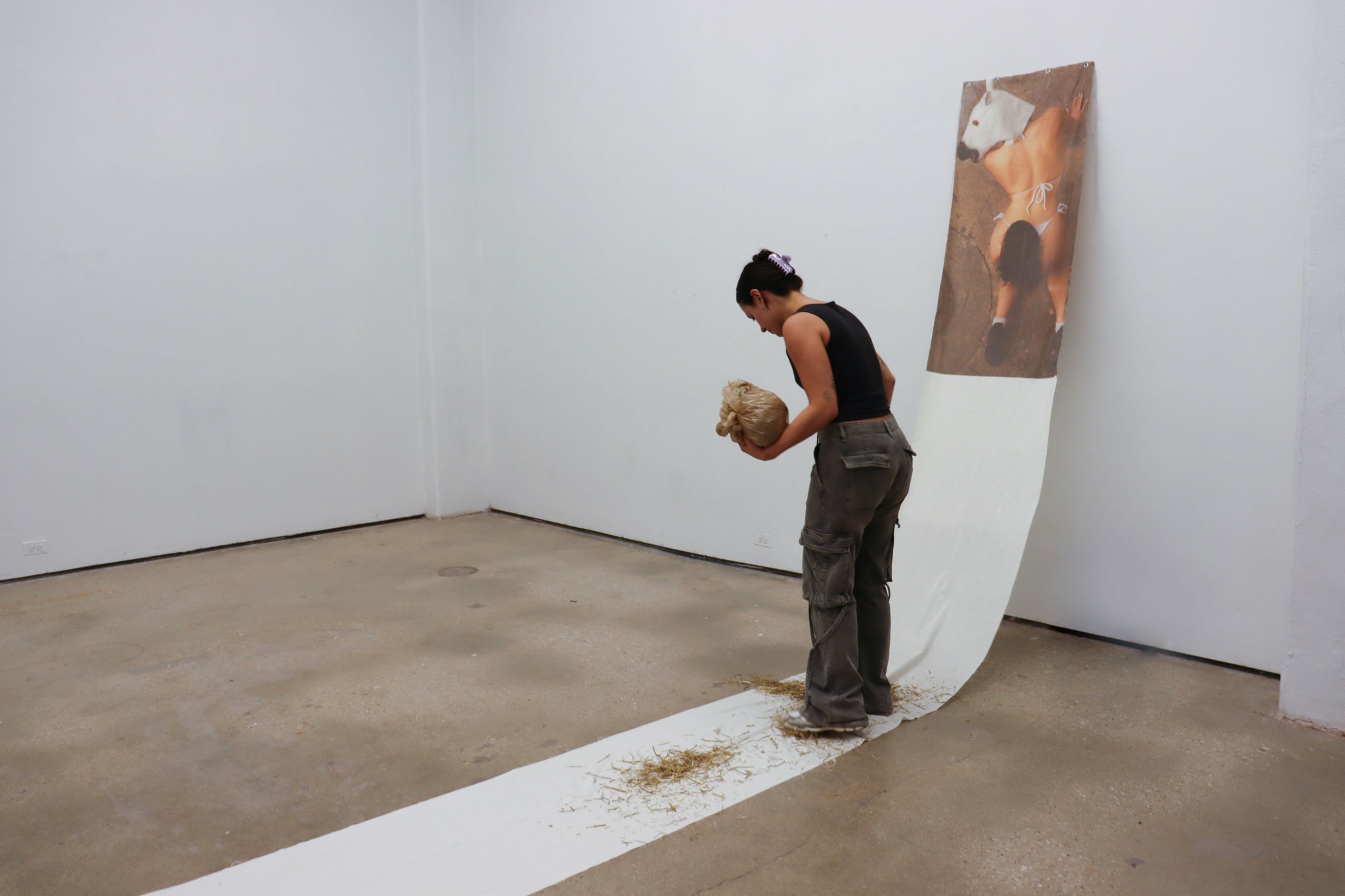
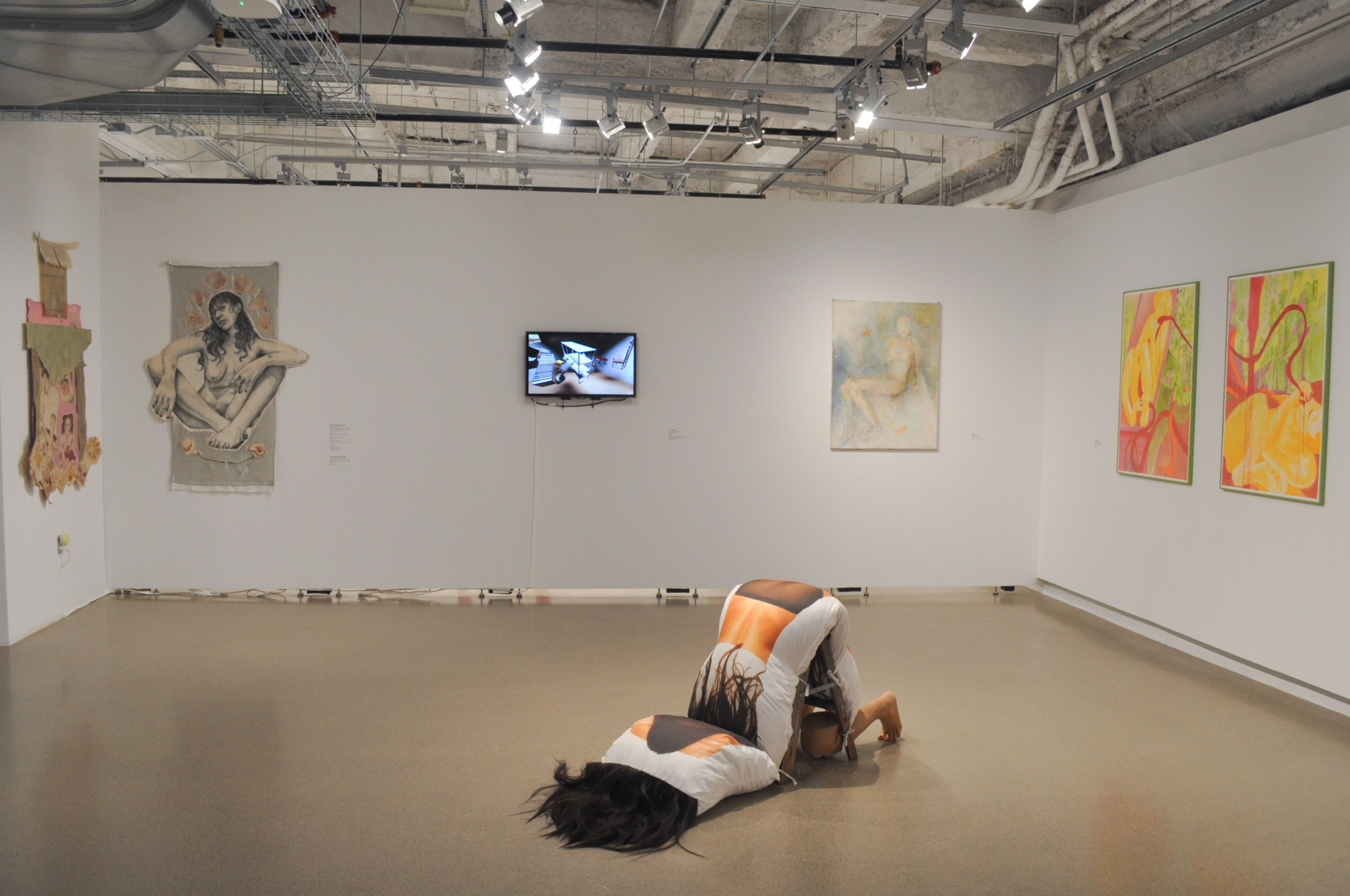
Awesome – so before we get into the rest of our questions, can you briefly introduce yourself to our readers.
I first came to art through painting. Even when I was young, making art felt like the only way to fully express my deep concern and understanding of the world around me. Words alone never captured my most authentic emotions. I always struggled to verbalize my anger and passion. I decided to get my Bachelor’s of Fine Arts at the Art Institute of Chicago and pursue an art-making career. Over time, this impulse became a practice that traverses sculpture, fibers, printmaking, and painting.
My work examines the complexities of intimacy, power, and violence involved in navigating womanhood. As a daughter raised by a single mother in a family of daughters, I often return to the tension between agency and expectation. I also expose how harmful norms can contaminate desire and connection. This work is deeply personal and rooted in the visceral language of the body. It started as a way to say the things I couldn’t put into words, and over time, it’s become how I ask tough questions and figure out how we can see each other differently.
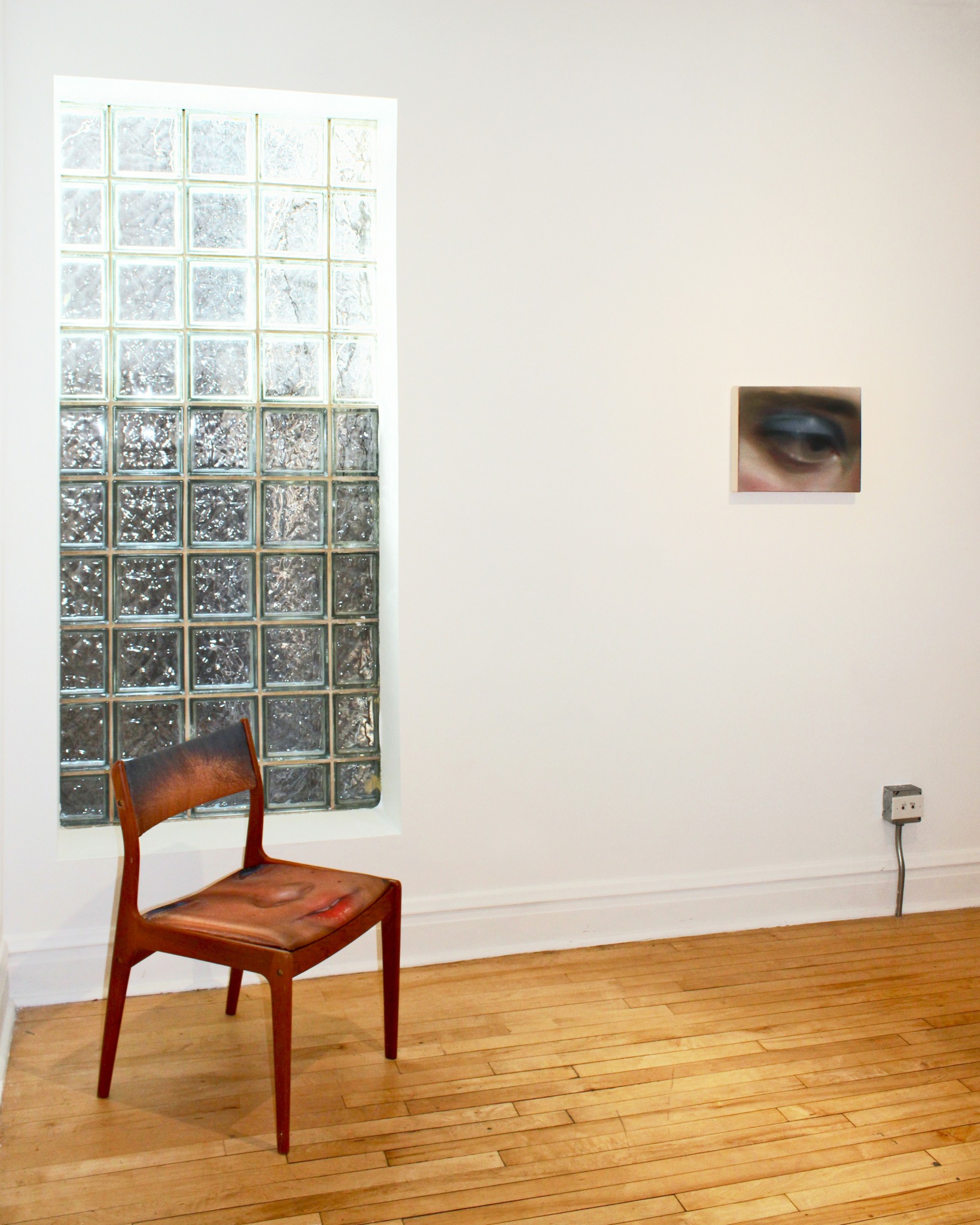
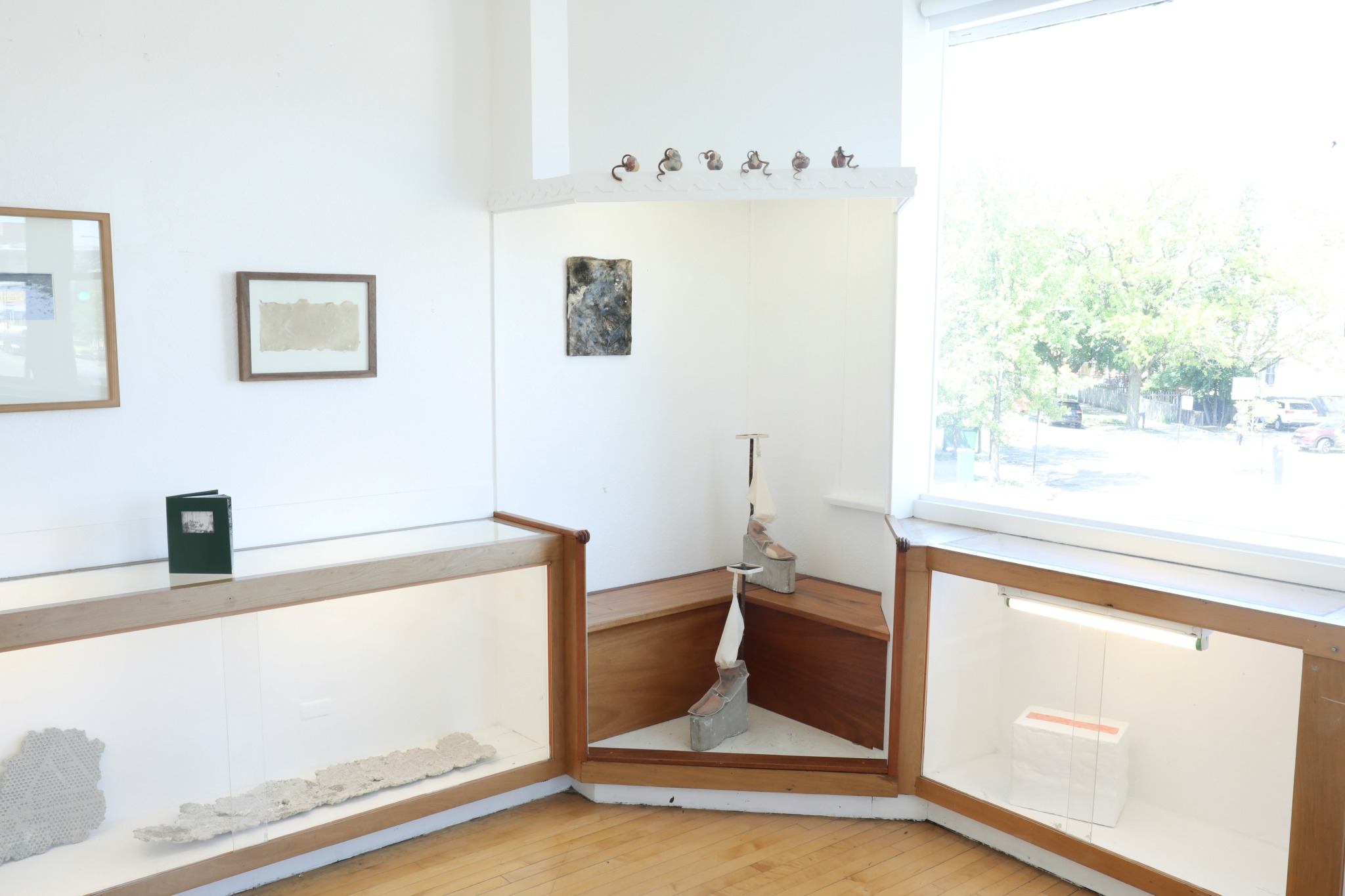
Are there any resources you wish you knew about earlier in your creative journey?
I believe that growing as an artist isn’t just about what you make in the studio; it’s also about how you show up for your community. Making sure that I make time for things like artist talks, volunteering in artist spaces, and attending big and small shows has been huge for me. Putting yourself out there creates space not only to share what you know but also a great resource as you learn from the people around you.
Looking back, I wish I’d known how valuable it is to nurture those relationships and seek out spaces where you can be challenged and supported simultaneously.
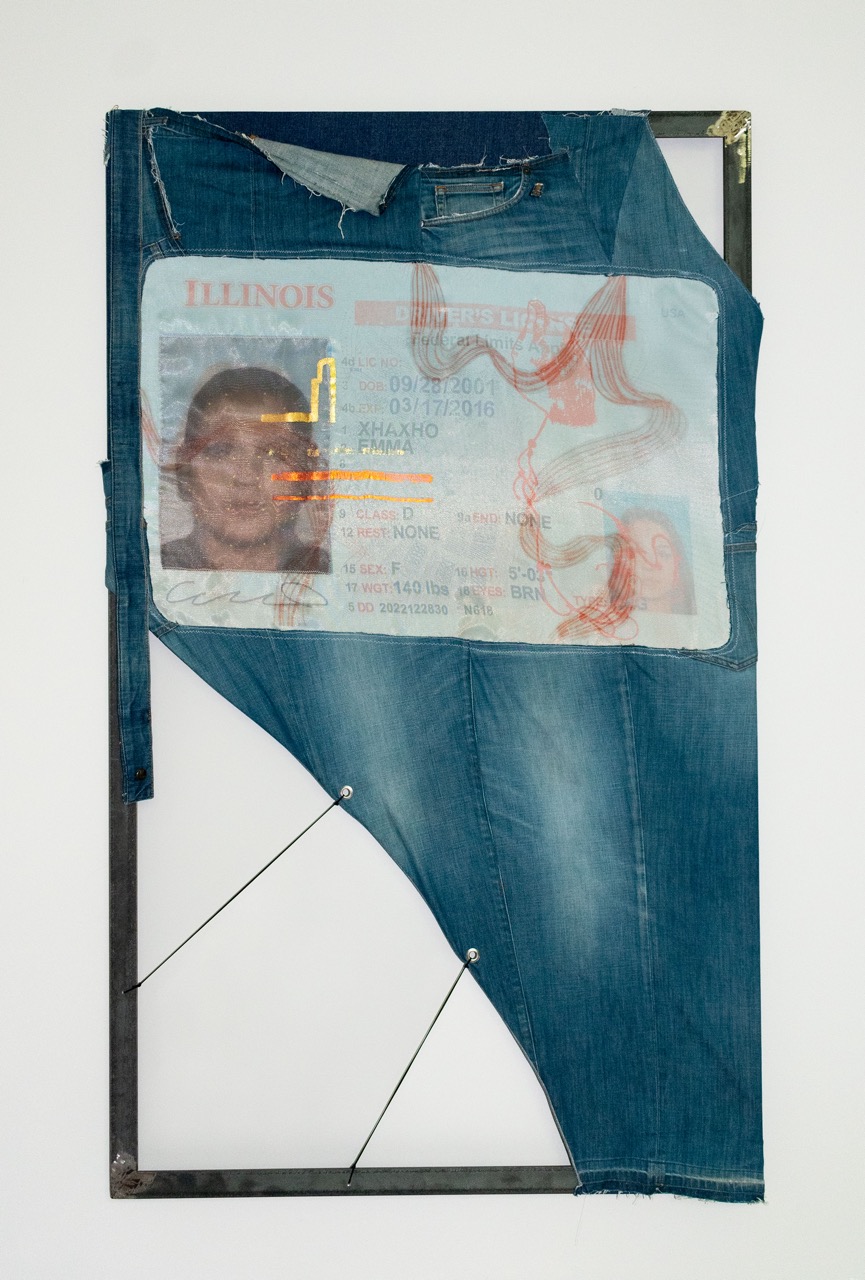

We often hear about learning lessons – but just as important is unlearning lessons. Have you ever had to unlearn a lesson?
One of the biggest lessons I learned, and I am actively unlearning, is that everyone must like or validate what I make. Especially with the kind of work I do, exploring intimacy and the ugly sides of femininity, there will always be people who aren’t on board or question your motives and agenda. I have had a few people online in my DMs telling me how offended they were by some of my work. Early on, I’d take any critical reaction personally and start questioning whether I should pull back thematically and soften what I was trying to say and not fully send it, or if I was going overboard and getting lost in the shock of it all. I realized that not being everyone’s cup of tea isn’t a sign of my inadequacy, but rather, taking it for what it is is the best way to receive criticism. Being challenged with other people’s viewpoints isn’t always combative. As an artist, criticism is some of the best advice you can get; knowing how to handle it and what to digest from it is essential. Not all criticism is good criticism, and not all praise is the honest truth. Deciphering what is pure opinion and what is constructive is challenging, but that just takes experience and time.
Contact Info:
- Website: https://www.emmaxhaxho.com
- Instagram: em.xhaxho
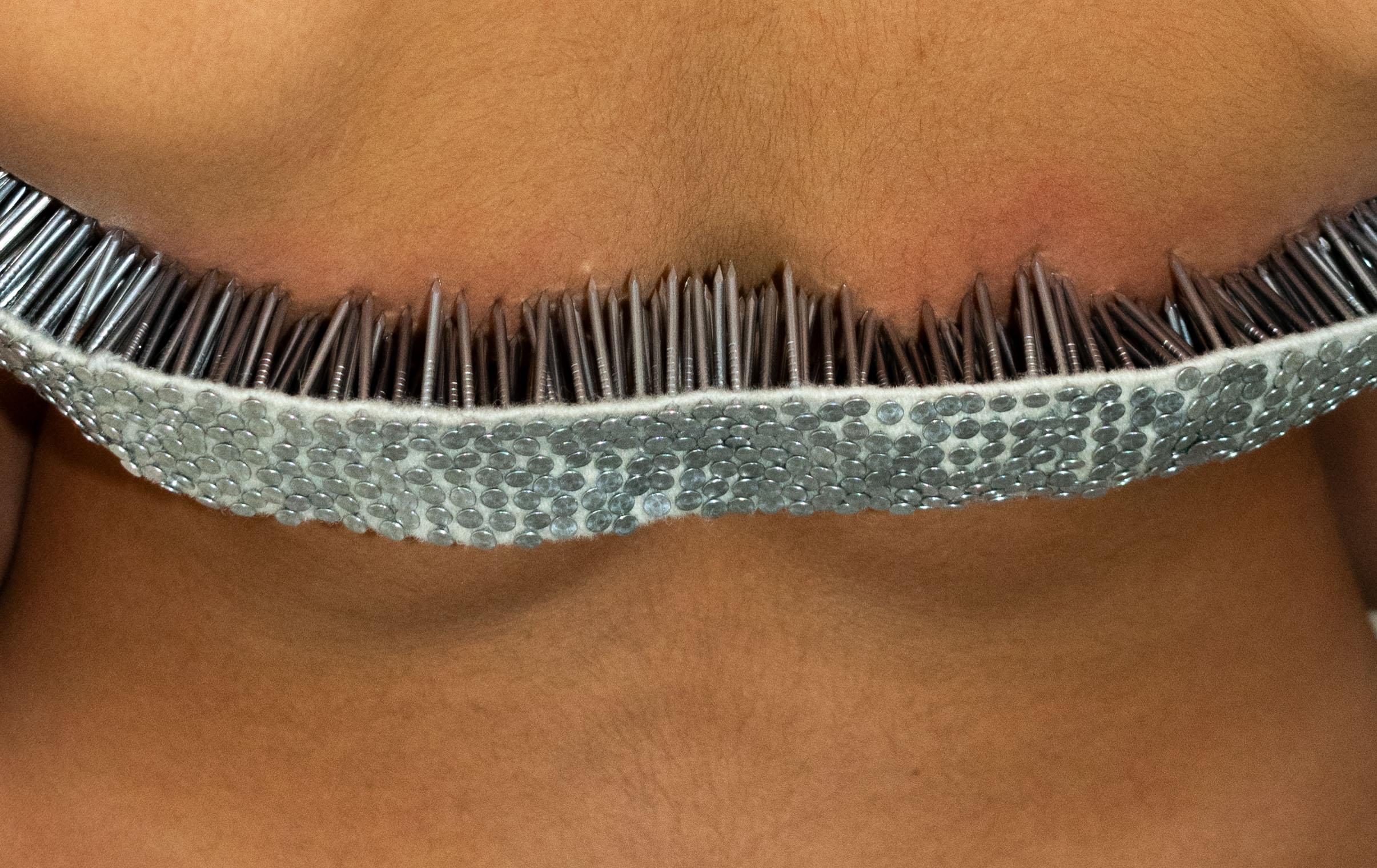
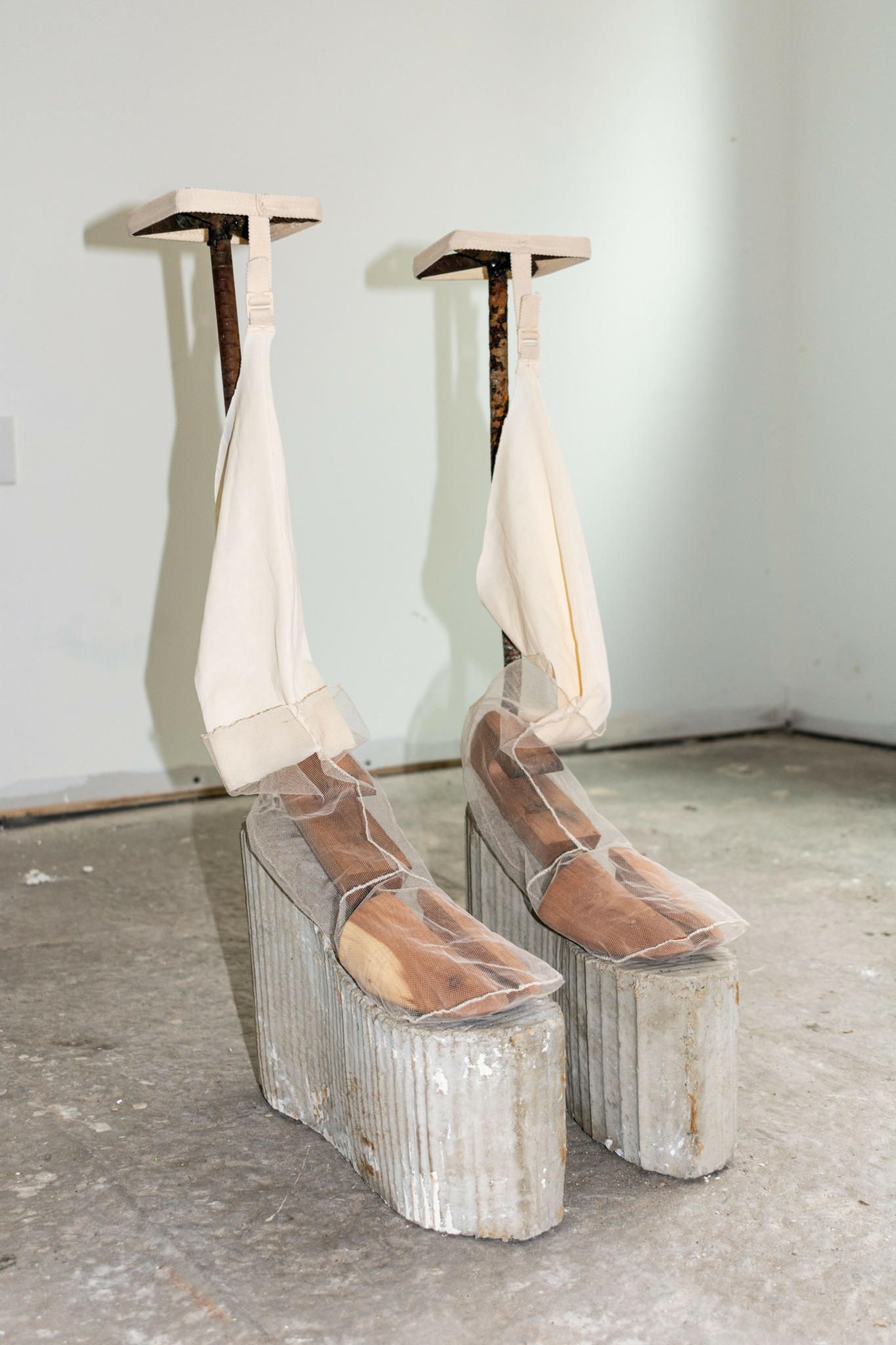


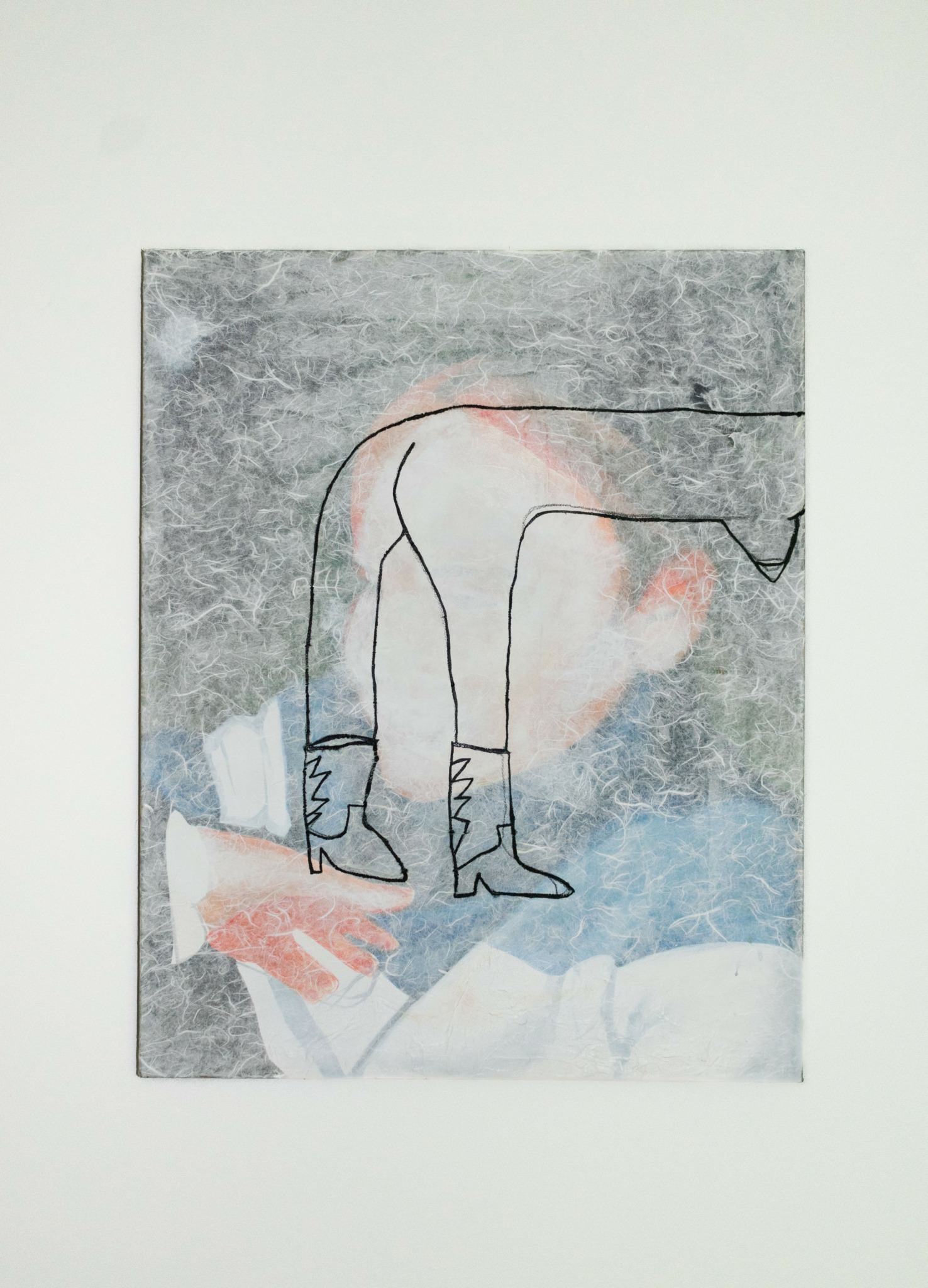
Image Credits
Point Blank Chicago
Danny Floyd


